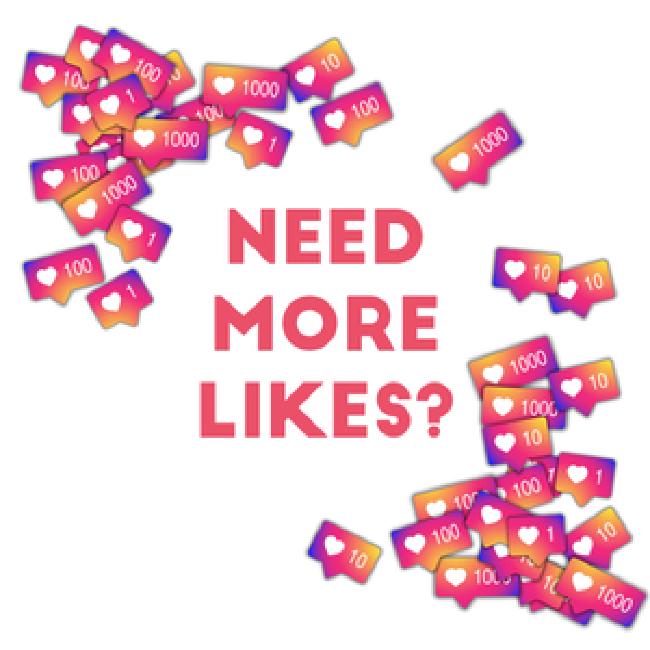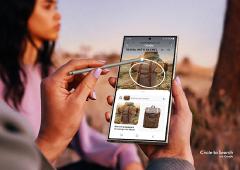Categories
Top 10 scary types of smartphone addicts
6 minute read
I received my first phone at the age of 7 years old. It was a Nokia 3310 and it blew my mind that I could play games on it. While playing football, my friends would stop as soon as I received a call, even if they had a goal scoring opportunity! Roughly six years later I received my first smartphone. It was a Nokia E63. It could send emails, capture video, and had great battery life. I still own it to this day.
The way we use our phones has changed dramatically. Instead of being a convenient way of communicating, it has become so entrenched in our lives that most of us can’t imagine a day without one. Nomophobia is the fear of being without your phone. Personally, there are times when I have risked being late simply because I had to run back home to get my phone. Psychologists are split on whether Nomophobia is a fear of being without a phone or an anxiety disorder.
Below are the 10 Unofficial Types of Smartphone 'Addicts'. If a friend matches any, share this article with them.

1. The oversharer
This Individual feels the need to share everything about their lives on social media. Everyone must know what they do on a daily basis. It isn’t enough to have an experience, everyone must know. They get anxious if they don't get enough 'likes' on a photo. They take the time to meticulously craft each description for maximum impact. They know exactly how to pull at the heart strings of their friends.
Sometimes, they create a vague post such as "I can't believe what just happened". They hope that people flock to ask what is wrong. They then share a story which is highly exaggerated and not at all interesting.
2. The gold medallist in typing
No matter the time you message this person, you will get a response very quickly. They take great pride in their reply rates and expect you to keep up. If you don't reply within 15 minutes they feel like you are ignoring them. Unfortunately, some people don't understand the convenience of using messaging apps. The whole point is to be able to reply at your own convenience. If it is an emergency, call them directly.
3. The ruler
This person believes that a phone is an extension of who they are, and a way to show status. As a result, they must have the latest phone at any cost. They keep track of all the latest leaks, and know about all the latest developments. For them a phone is more than just a means of communication. It is a way of showing that they are better than others.
4. The endless scroller
Have you ever checked Facebook just for the sake of it? Most of the time I do it without thinking. During each lunch break, I take a bite of my sandwich, then unlock my phone to check Facebook, WhatsApp and email. A few minutes later I do it again.
It is easy to feel like you are missing out on something if you don't stay plugged in. But at what cost?
5. The attention seeker

The more followers, likes and comments that kind of people has on social media the more “happy” they are.
Do you know why it happens? Because when you get a like on social media your brain produce a chemical called Dopamine and it’s associated to pleasure. New York University professor Adam Alter, author of “Irresistible: The Rise of Addictive Technology and the Business of Keeping Us Hooked”, explains how it happens and why it’s addictive.
In some way smartphones fulfil the universal need of feeling wanted. They enable us to place a number on our importance in the world people brag about their social media numbers, and use it as a way of measuring importance/relevance. Are you an attention seeker?
6. The toilet checker

Many people regularly use their smartphone while on the toilet. It’s a dirty little habit to avoid boredom. The most popular task seems to be browsing social media. So the smartphone has basically replaced the newspaper as bathroom reading material. The scariest thing is that you can make yourself ill by doing that. We pick up harmful germs by touching surfaces in the cubicle, these can be transferred straight on to your phone and then make their way to your mouth. Worse than that is only dropping your phone in the toilet, which happened to me once. What a nightmare!
7. The unproductive worker
Now, I’m writing about the dangers of having your phone sitting next to you at work. According to studies, just hearing your phone buzz can hurt your productivity. A piece of research, “The Attentional Cost of Receiving a Cell Phone Notification”, reports that the reverberations of new notifications can distract us, even when we don’t look over to see what they could be.
A quick phone check can kill your productivity. On average, 23 minutes pass before you’re able to refocus after an interruption like this. If you’re not mindful about it, checking your phone and then attempting to refocus on work will consume your entire day.
So, if your phone is like an extension of your body and you literally panic when you don’t have it with you, take care! Losing your job can be a true horror story.
8. The hunchback of notre dame
The typical adult head weighs roughly 5kg. Most people stoop over their smartphones. This places pressure on the neck and spine. Over time, this can cause misalignment and long term pain.
If you live in the U.K, chances are you don't do hard labour on a daily basis. You aren't going deep into a mine or walking miles to fetch water. However, prolonged improper smartphone use can have the same effect as hard labour. As we age, our muscles get weaker, and the effects of improper smartphone use are more prominent.
Unless you would like to develop a zombie pose, check out this useful infographic on the best way to hold your phone.
9. The zombie

Smartphones can cause insomnia. Spending too much time with the blue-tinted screens creates sleeping problems. That lack of sleep can cause diseases, even death. Researchers from the University of California, San Francisco, say they have confirmed that sleep deprivation is magnified by exposure to a kind of blue light emitted by the devices. And missing sleep can instigate deadly diseases, such as obesity and depression.
10. The connected disconnected
There are few things more frustrating than trying to have a conversation only to find your friend deep in their phone. Our phones are very distracting, and social media can make us feel like we are missing out.
We are more connected than ever; however, the connections are shallow. People post a 'cleaned up' version of their lives online with the hope of collecting worthless likes. However, we are beginning to forget about those around us. We miss out on real-life experiences which no piece of technology can replace. Anyone can send a message on social media, but would they be willing to take the time to meet up in real life? Research by The Economist shows that despite being more 'connected' loneliness is on the rise among young people.
Don't let a smartphone dictate your life.





